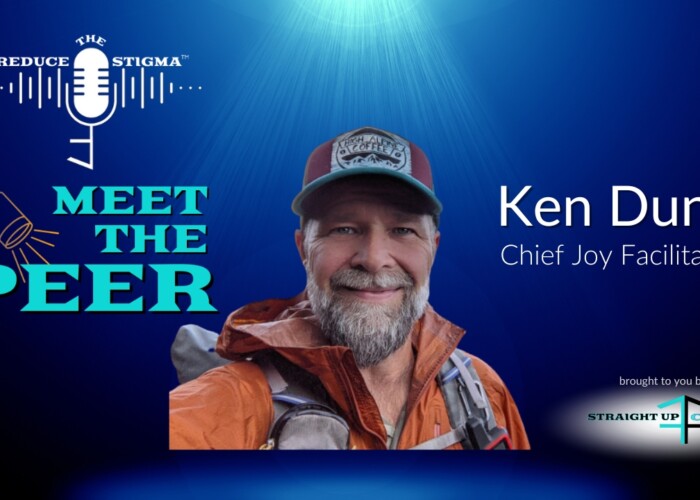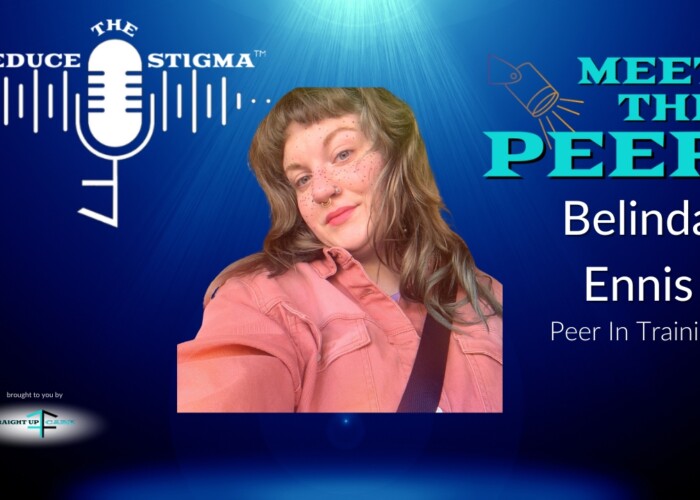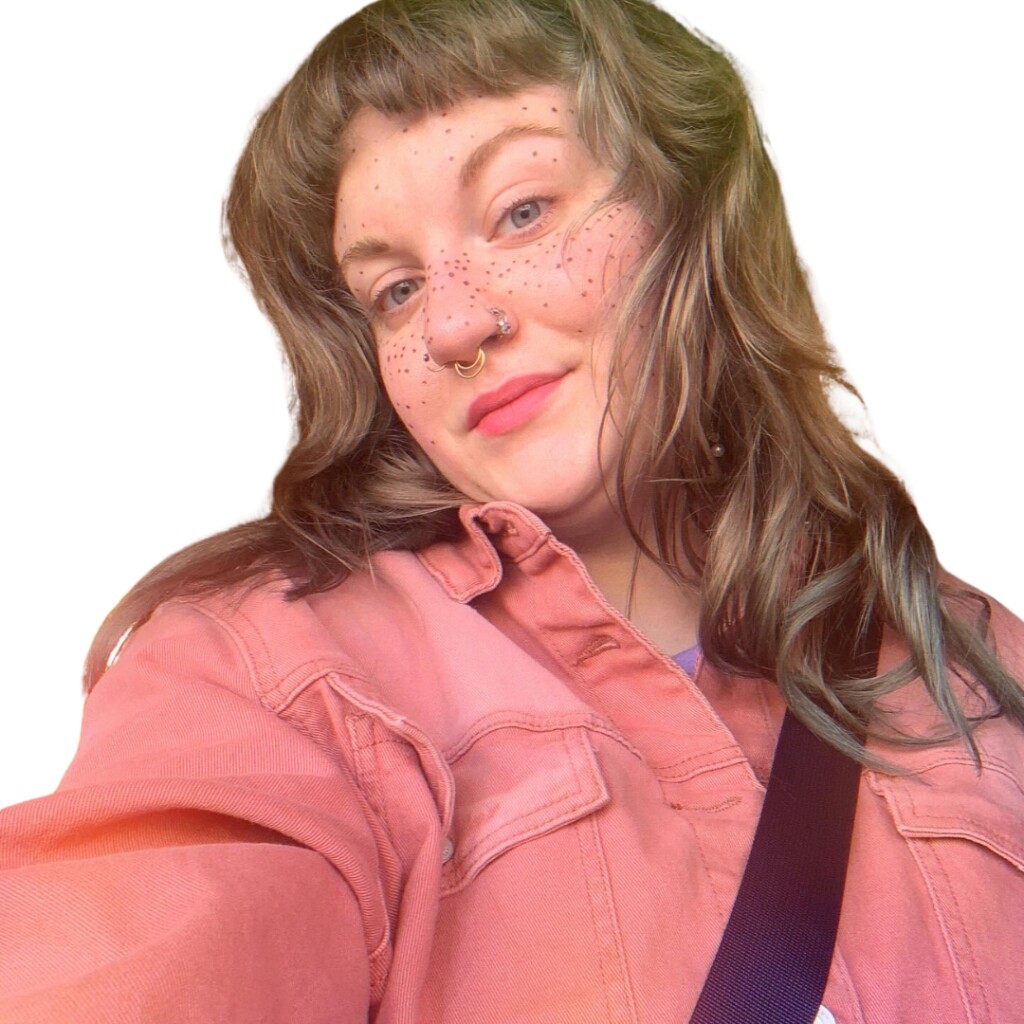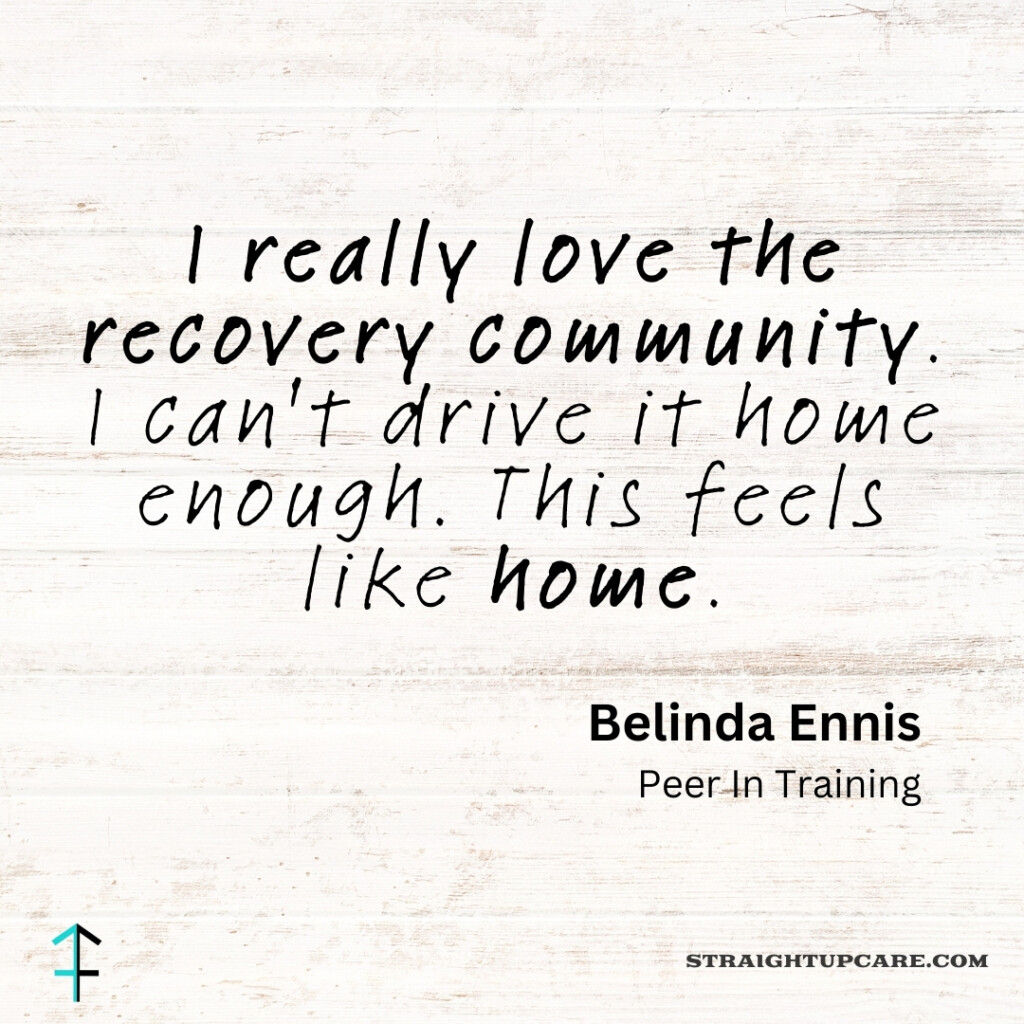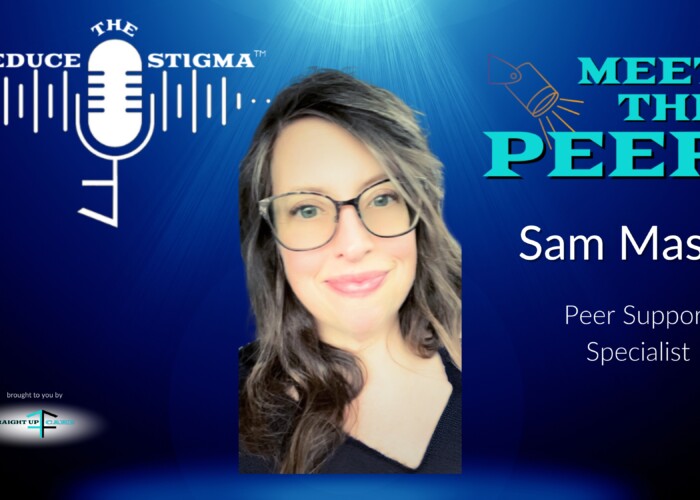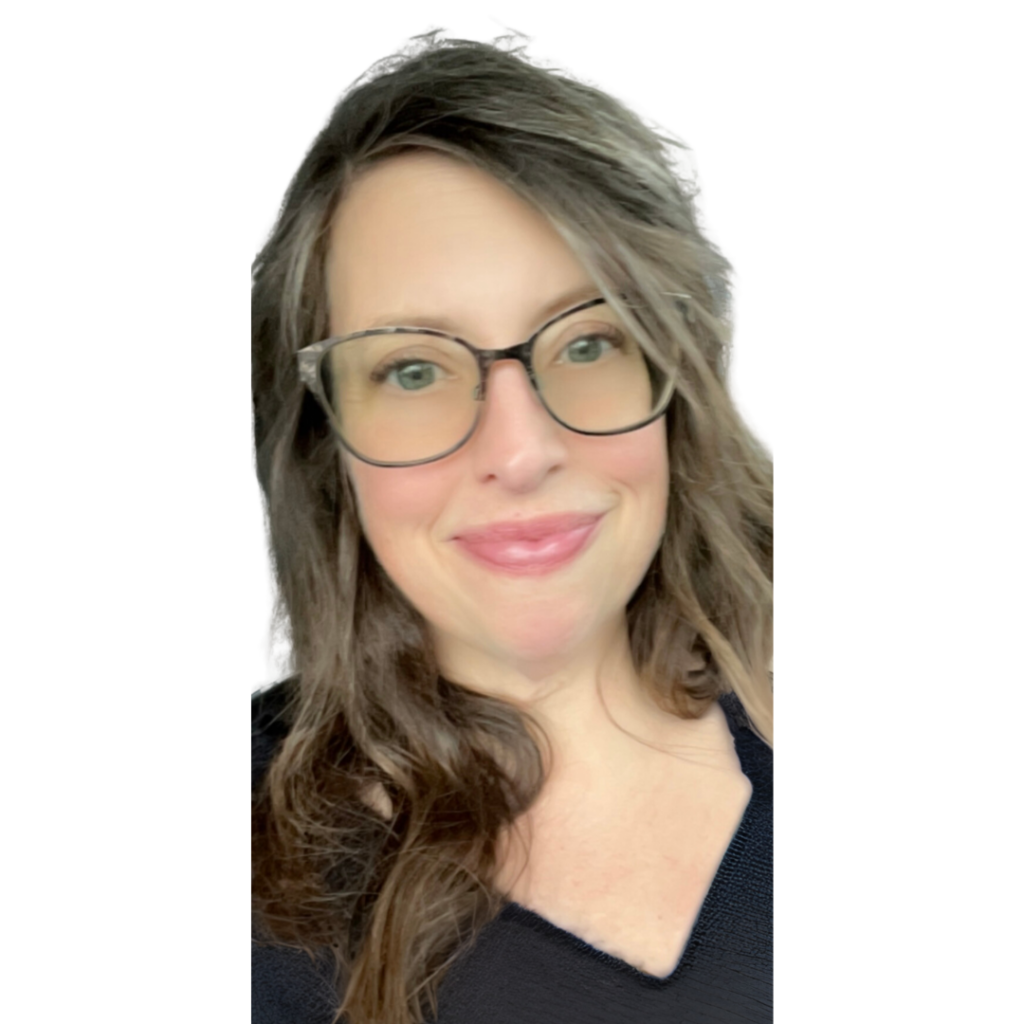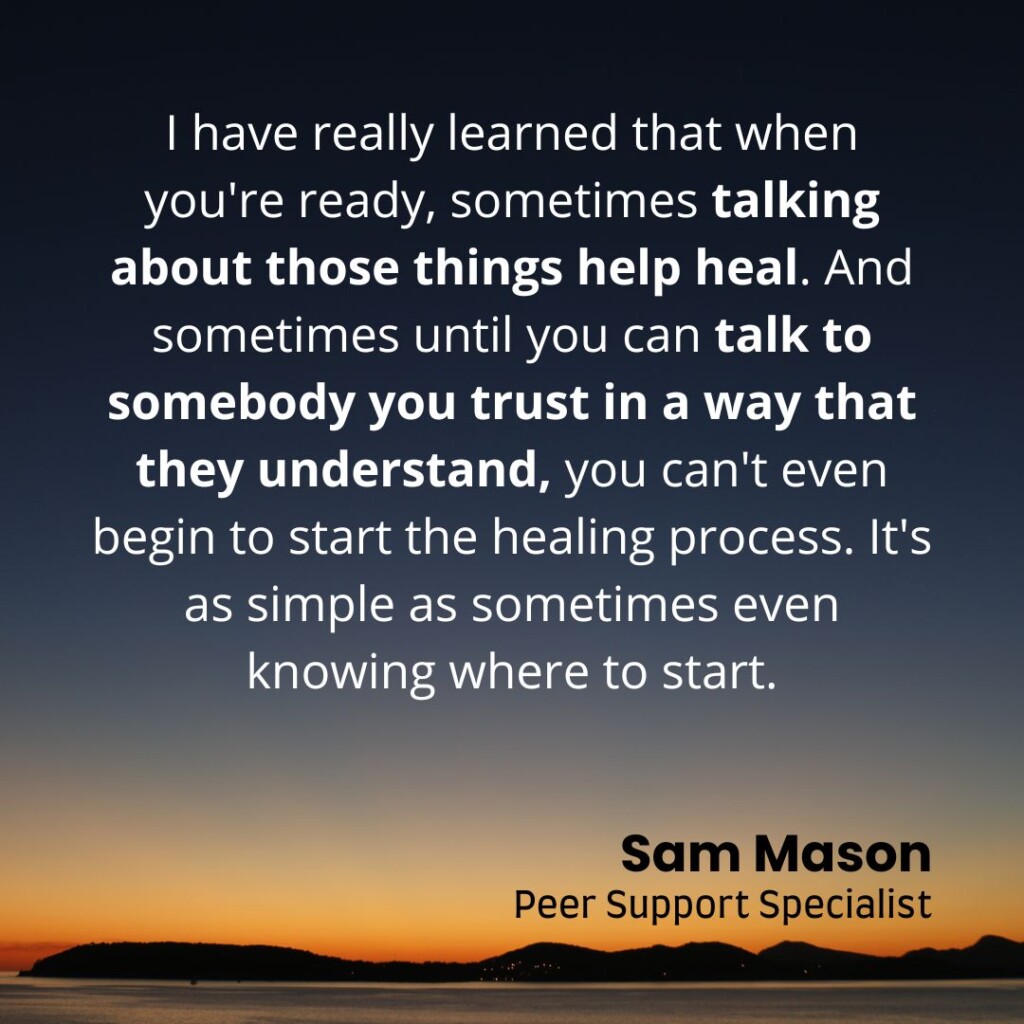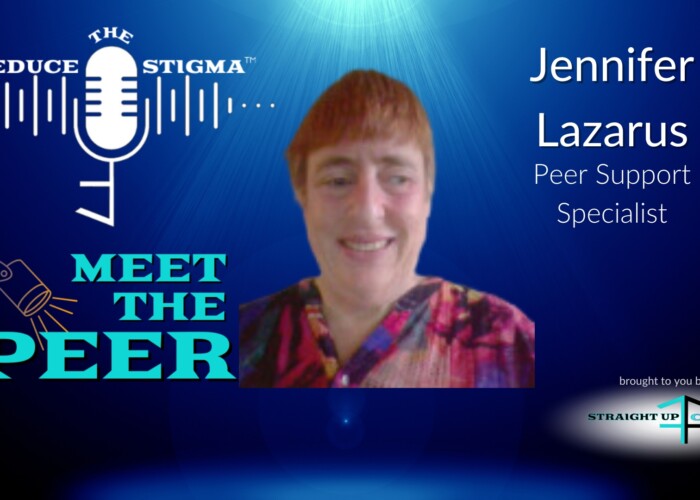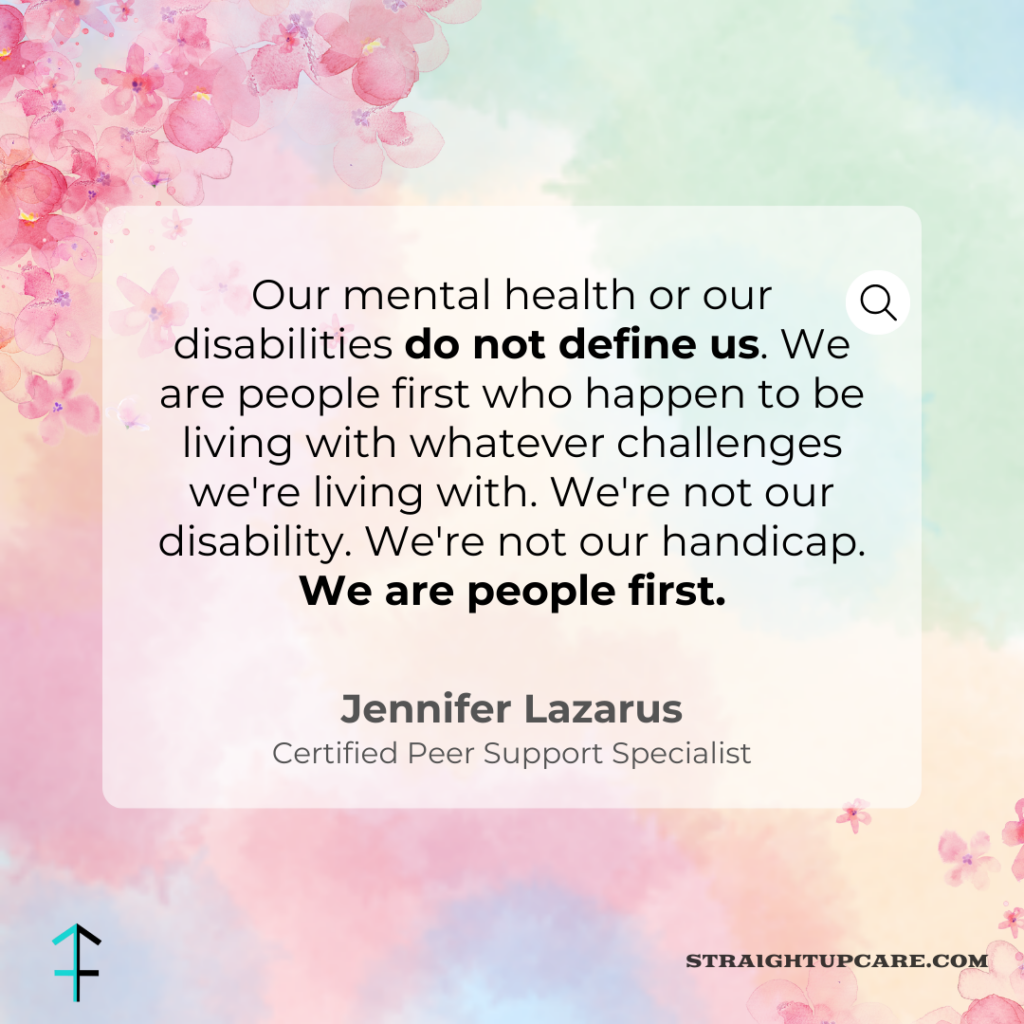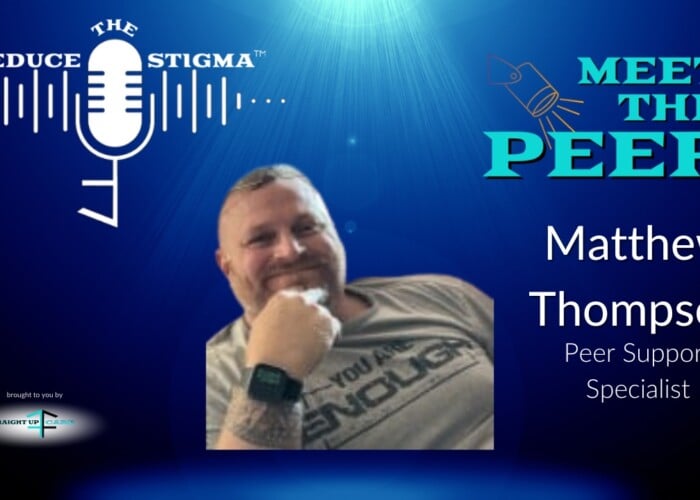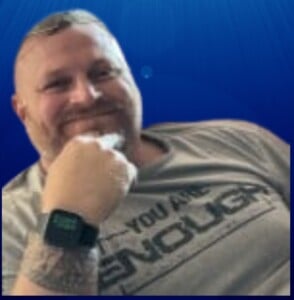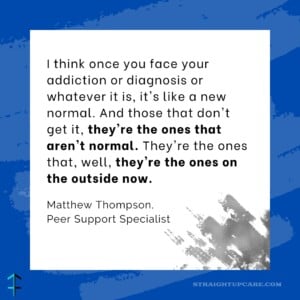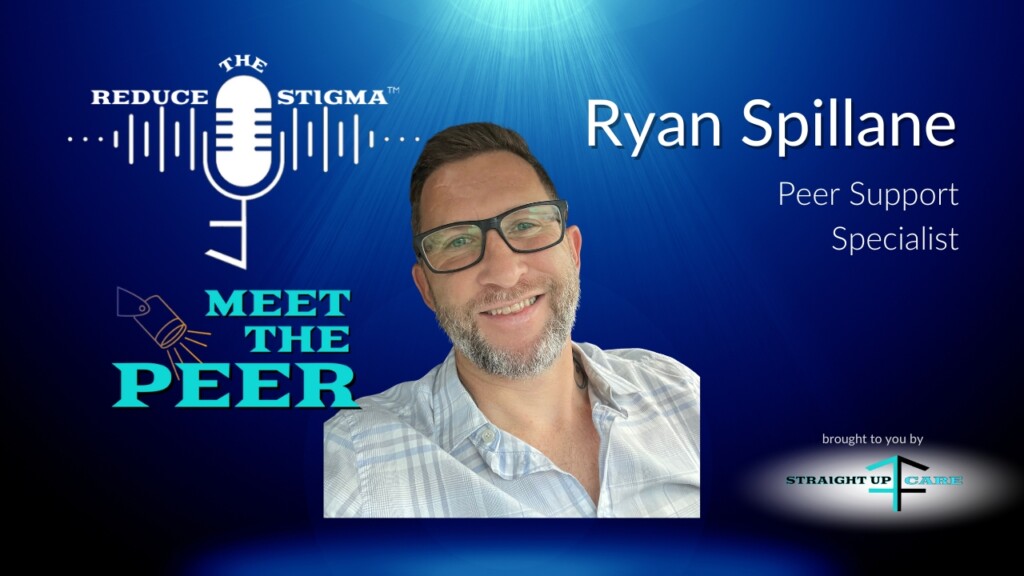Ken Dunn, Recovery Coach and Chief Joy Facilitator | Meet The Peer
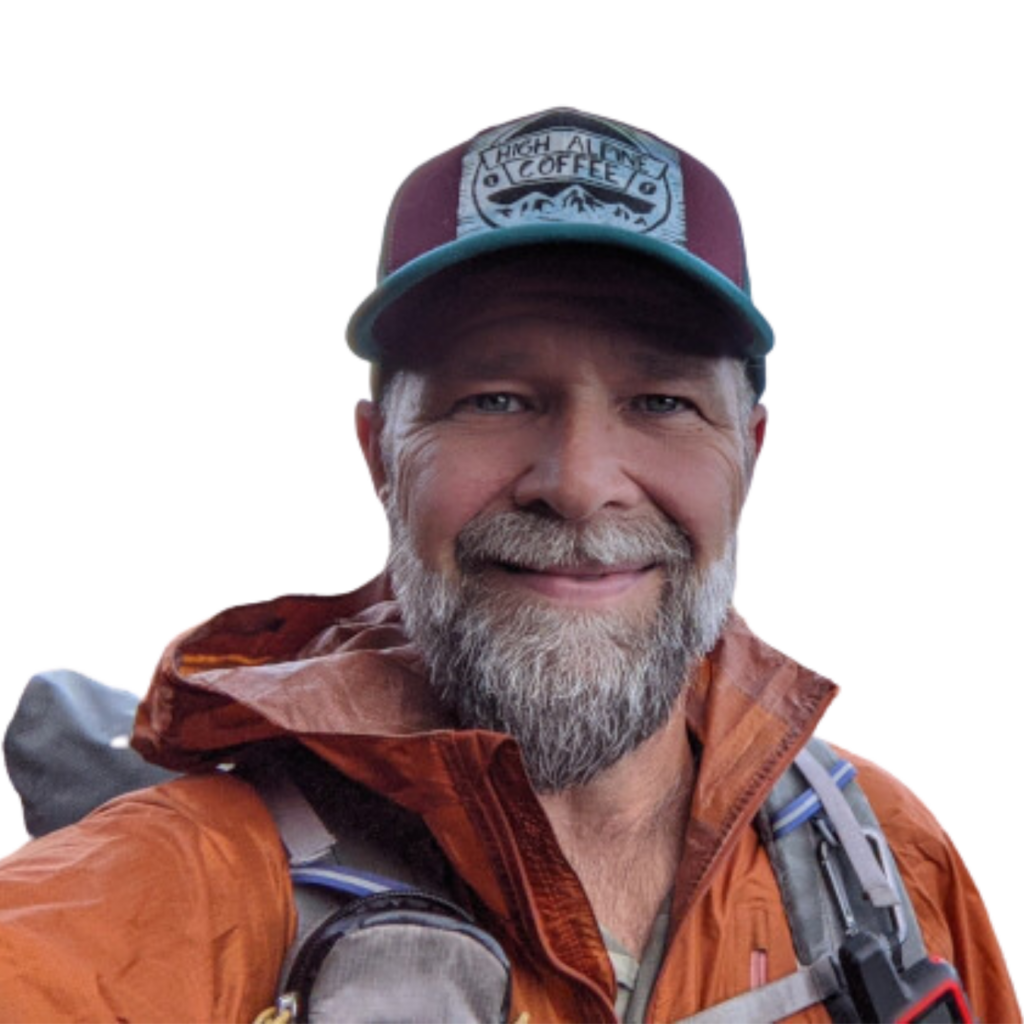
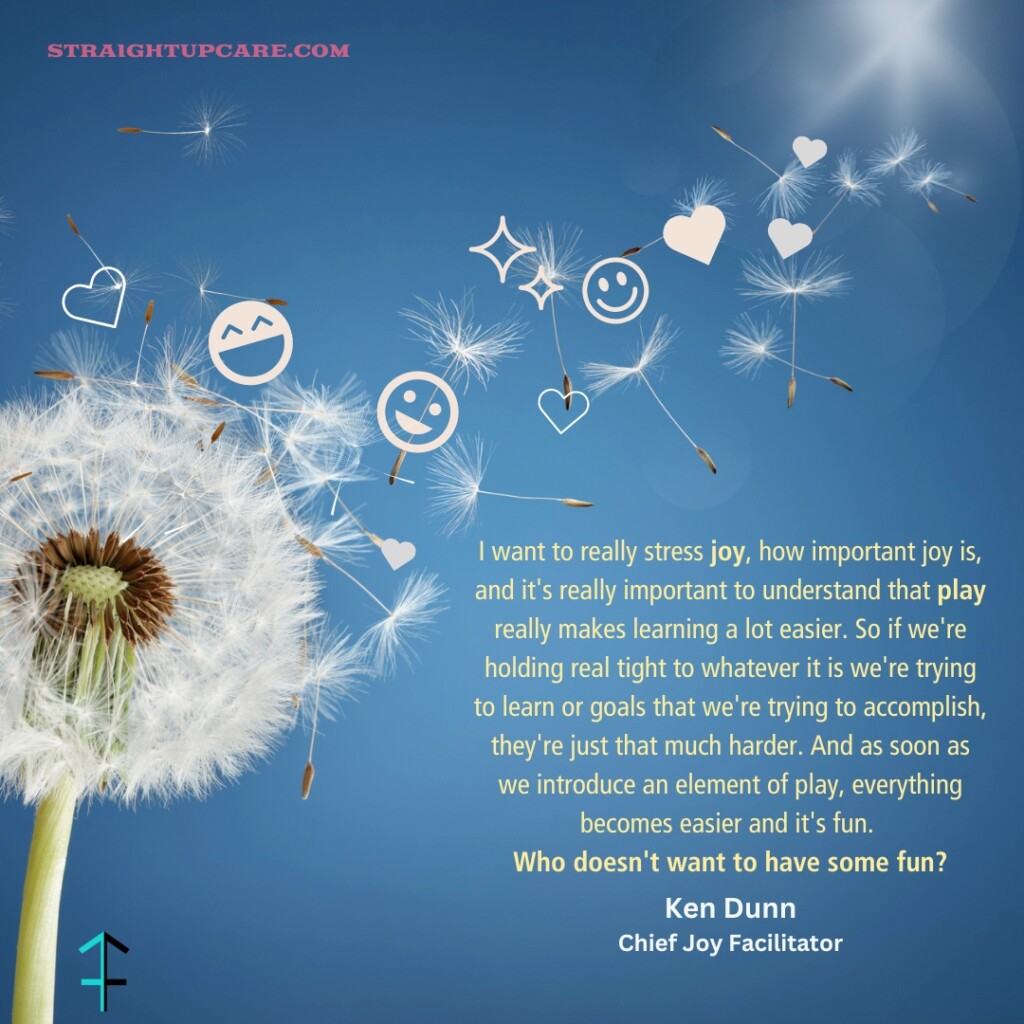
Joy and the recovery journey aren’t usually synonymous, but if Ken Dunn, Chief Joy Facilitator has his way, that won’t be the case for much longer. With an emphasis on the importance of joy and play when pursuing a goal, learning something new, or taking on a challenge, he delivers a message of hope and inspiration. Sharing his lived experience with substance use, work, and video game addiction, Ken discusses the importance of mindfulness and acceptance. Additionally, Ken encourages everyone to design their own recovery pathway – finding what works for them and knowing that their recovery is truly theirs.
Connect with Ken: https://straightupcare.org/consultant-profile/515
Click here for the episode’s full transcript.
Has Ken inspired you to get outdoors? Check out 6 Free Nature-Based Activities for Improved Mental Health and Wellbeing.
Make sure you never miss an episode of Reduce The Stigma by subscribing on your preferred platform
How to Watch
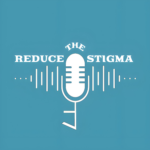
Watch on any device on ReduceTheStigma.com
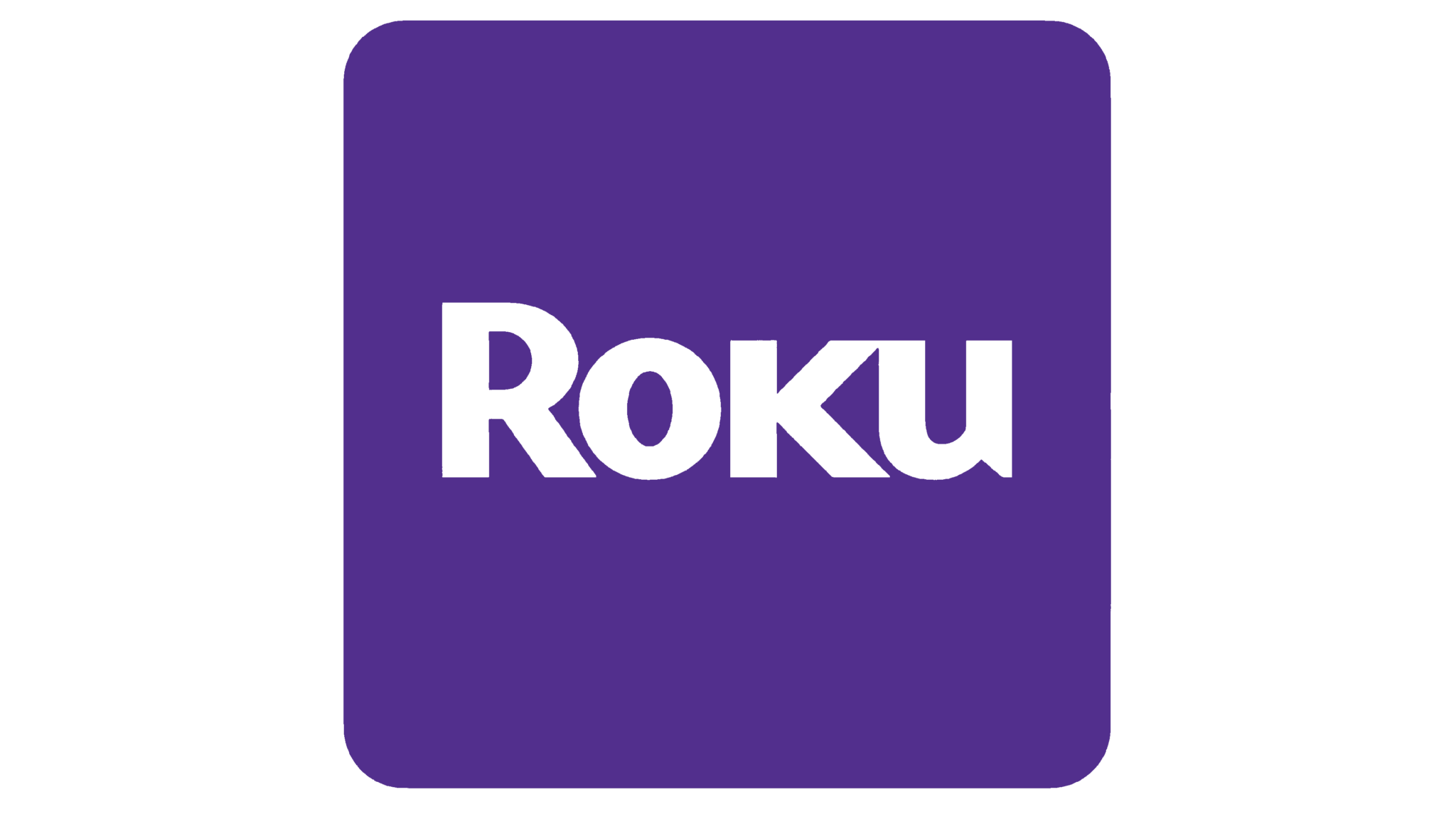
Install and Watch all Episodes on Reduce the Stigma RokuTV Channel

Install and Watch all Episodes on Reduce the Stigma Amazon Fire TV Channel
How to Listen
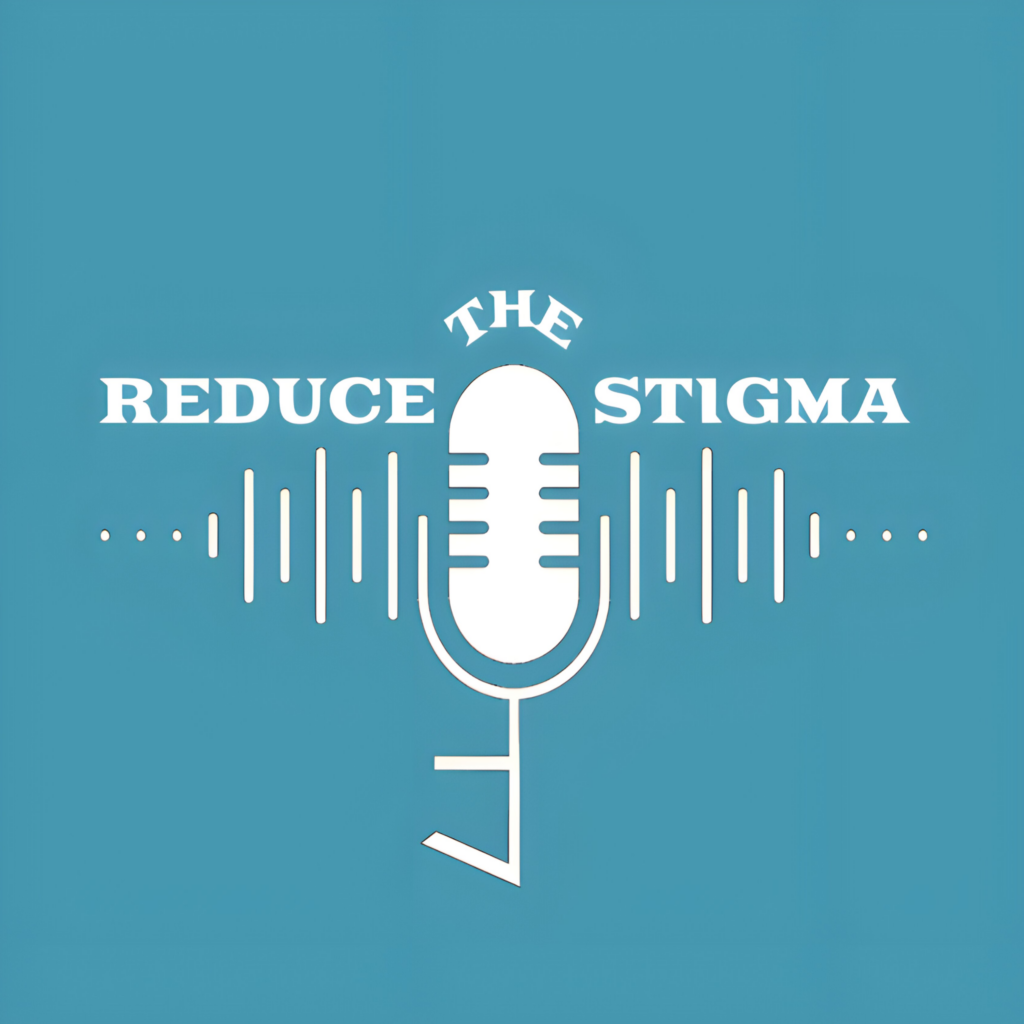
Our Podcast Website on Podops!
Listen on Apple Podcasts!

Listen on Spotify!

Listen on iHeart Radio!

Listen on YouTube Podcasts!
Follow Straight Up Care
Transcript
Whitney (00:48)
I’m your host, Whitney Menarcheck, and on this episode of Meet the Peer, we have Ken Dunn, Chief Joy Facilitator in North Carolina. Welcome, Ken.
Ken Dunn (00:56)
Hey Whitney, thanks for having me.
Whitney (00:59)
Thank you for joining us, Chief Joy Facilitator. That is not a title I hear very often. Can you tell me, and all of us, what exactly that entails?
Ken Dunn (01:10)
Yeah, I mean, obviously that’s a title I’ve made up for myself. What I do that’s different than what some others might do is I facilitate a lot of group activities and those group activities are often surrounding some sort of fun activity. It might be community drumming or going on a day hike or it might be playing frisbee golf or some other activity. And, you know, the primary focus of these activities is to have fun and just learn that it’s possible and okay to have fun in recovery. And so, you know, I want to really stress joy, how important joy is, and it’s really important to understand that play really makes learning a lot easier. So if we’re holding real tight to whatever it is we’re trying to learn or goals that we’re trying to accomplish, they’re just that much harder. And as soon as we introduce an element of play, everything becomes easier and it’s fun. Who doesn’t want to have some fun. So I really tried to stay focused on that.
Whitney (02:13)
I love that. I mean, I just think about how much, you know, we tend to be in a negative or stressful state. And if we can take something that’s very serious but make it enjoyable, how much more impactful and long-standing it can be.
Ken Dunn (02:27)
Absolutely. Yeah, we take a lot of things very seriously and you know, some things are very serious and we need to meet them that way. But there are a lot of things that we just kind of stay in a serious state where, where we can have fun. There’s not a reason why we, we couldn’t have fun. So let’s do it.
Whitney (02:43)
Right? And so you do groups and work with individuals. Let’s take a couple steps back. What is your journey? What led you to the place where you are now supporting others?
Ken Dunn (02:55)
Sure. Yeah, so I really struggled a lot with substance use. My primary drug was alcohol. I also spent a lot of time playing video games and I had a real serious relationship with work that took me away from my family. And it really was a place where I avoided a lot of the difficult things that were in front of me. So I had that experience. I was 46 when I decided to get into recovery.
It was at the end of a relationship and I had to really take a serious look at what was going on in my life and see that I was really doing a lot of harm to myself and harm to those people around me. I actually got sober sort of through the back door. I was doing meditation as a way to deal with some intrusive thoughts and other mental health issues. In that process…I found a Buddhist based, sorry, I was going to say 12-step, but a Buddhist based recovery program that focused on mindfulness and meditation. And I thought I was going to use that program to moderate. And it didn’t work like that for me. You know, after a period of time of thinking I was going to moderate, I eventually woke up one morning and was like, oh, I guess the reality is I actually need recovery. I can’t keep playing around with alcohol as if it’s not dangerous to my life. So after a little bit of introspection and arguing with myself and going back and forth, I eventually just decided to just throw myself into it. And that Buddhist-based program was working pretty well for me, so I really dedicated myself to that program and to just getting as much out of it as I could, doing as much healing as I could. And that was just the beginning. You know, I think for a lot of people, once we get in there and we start working programs, we realize there are a lot of other things going on. It led me to a place where I realized that, you know, alcohol, work, video games, whatever the processes or behaviors were, were really just avoidance of the underlying mental health issues that I was struggling with. You know, eventually I made my way into adult children of alcoholics and dysfunctional families and really saw, you know, the way the generational trauma that my family has endured has affected me and caused a lot of my behaviors. So I’m now seven years in recovery from alcohol, work, and video games. I actually haven’t engaged in any of those things in an unhealthy way. Since I started my journey, I’ve been working a program at ACA for three years. And along that time, I’ve also worked pretty closely with a couple of therapists and dipped my toe into some other programs as well. But that’s my current path.
Whitney (06:07)
Now, the Buddhist-based program, that’s not something that I personally have heard much about. Could you provide kind of an overview of any of the key components that may be relevant for someone to hear about?
Ken Dunn (06:24)
Sure. Yeah, there are two fairly well-known Buddhist-based recovery programs. Those are Refuge Recovery and Recovery Dharma. I currently practice with Recovery Dharma. I started my path with Refuge Recovery, and because of some reasons, I moved to Recovery Dharma. But those programs, they both bear a fair amount of similarity. They’re both based on mindfulness and meditation. And they use a…set of teachings by the Buddha which are called the Four Noble Truths and the Eightfold Path. And the Four Noble Truths is a really simple observance of life, basically, that in life there is suffering. That’s the First Noble Truth. The Second Noble Truth is that suffering is caused by craving and aversion. The Third Noble Truth is that there is a path to the end of suffering. And the Fourth Noble Truth is this thing called the Eightfold Path, which is series of teachings, wise mindfulness, wise livelihood, wise effort, wise action, eight in total. And it’s really based on seeing life for what it really is, you know, seeing your patterns, your behaviors, seeing the way that we sometimes can become aversive or crave and trying to just sit with that and recognize it for what it is, you know, without trying to change accepting life on life’s terms. And for me, it’s really come down to just simply acceptance, realizing that difficult things are gonna come up in life. And some of them I have the ability to change and some I don’t. And if I can simply accept the things for what they are, then I’ll suffer a lot less because I won’t be trying to change things that I can’t change. And so it really is very liberating. Or it is very liberating for me, I should say. It’s the right…It’s the right language that suits me well.
Whitney (08:24)
It sounds liberating and I see some similarities, the 12 step, the serenity prayer and things like that. But I think that, like you said, language, it’s an approach that’s, this is the uniqueness of recovery is that there’s a different style out there for everyone and sometimes you make your own style as you go, similar to what you’re doing with your outdoors activities, fun, joy, play.
Ken Dunn (08:32)
Absolutely.
Yeah, absolutely.
Whitney (08:54)
It sounds like you are also kind of leading a different way to look at recovery and experience it.
Ken Dunn (09:02)
Yeah, I mean, I don’t feel like I’m leading necessarily, but I’m taking some of the things that I’ve learned from others and I’m trying to put them as best as possible to use. So yeah, and just to go back to one of the things that you said, you know, I see a lot of similarity between 12-step and Buddhist recovery programs. There are a lot of people who don’t feel that way. You know, I do practice ACA, which is a 12-step based program and frankly, I don’t think that without my Buddhist teachings, without the Buddhist path, I would be able to really work a 12-step program. I needed that foundation to be able to really understand 12-step work. And that was just for me, right? The way my brain worked, it really required me to get some other teachings under my belt before I was really ready to see 12-step as being really as useful and powerful as it is, you know. So, and one of the things that I’ve learned, through my process is that everybody’s got their own path to get there, however they have to get there. I see people that come from 12-step programs and come to Buddhist-based programs later, and they’re like, oh, this is what I was missing. It was the next thing that a person needed. And for me, I kind of went the other route, and it was what was right for me. So I feel like it really sets me up to be well-suited for. A multiple pathways approach to allowing others to have their own approach for their own recovery.
Whitney (10:32)
and you are supporting others, you have your lived experience, you’re helping others with similar lived experiences, what led you to take on that type of role?
Ken Dunn (10:44)
Well, you know, I think a lot of it had to do with the fact that I got a lot of benefit from the benefit. I benefited directly from the lived experience of others. You know, I got to see how others had changed their lives and how their lives were better and actually seeing others live the life they wanted to live. And it was very inspiring, you know, when you see somebody else that’s conquered or is in the process of conquering and healing and making progress and growth. Now, it’s motivating and it’s inspiring. And so, you know, I kind of was in a place where I didn’t have a lot of purpose in my life. My career, my previous career, paid the bills pretty well and it had, there was some glamor to it. However, it just didn’t feel like any purpose whatsoever. And when I found peer support, it was immediately like a light bulb went off, you know, and, um, frankly, I had recently just had a sort of spiritual awakening, and the two things kind of came together at the same time, and it was like, oh, this is what I meant to do. You know, this is where I belong.
Whitney (11:50)
That’s very powerful.
Ken Dunn (11:52)
That it is, yeah.
Whitney (11:56)
And you know, whenever you mentioned you had a previous career that was paying the bills, it reminds me that you mentioned that you’re, you haven’t, you said you haven’t engaged in playing video games or work in an unhealthy way for seven years, which is amazing. Congratulations. Those are two areas. I think video games, you know, there’s a lot more attention to that becoming something that you can have unhealthy, you know, an unhealthy relationship with work.
Ken Dunn (12:12)
Thank you.
Whitney (12:24)
we almost have a society that pushes you to have an unhealthy relationship with it. I’m curious what your thoughts are in having gone through an almost more traditional recovery pathway with a substance compared to a process, which is video games, as well as work. What was that like having those different experiences?
Ken Dunn (12:46)
Well, I’m going to answer your question the best I hear it. So at the time when I sort of hit my bottom, I was in this place where I was playing video games when I wasn’t working. And I was working when I wasn’t playing video games. And there was alcohol involved and all the video games playing. It was basically work, play video games, drink, and sleep. And that was my life.
You know, when I got into recovery and I was really doing some of this deep, uh, personal investigation, I realized, uh, pretty quickly that, you know, my life was being consumed by my work. I was spending, you know, 10, 12 hours a day, some days longer. And, you know, I was really using work as a way to avoid difficult experiences, you know, whether it was difficult relationships with my partner at the time or whether it was difficult discussions with my children or showing up at events that I didn’t necessarily want to go to. Almost no one will ever tell you that you should neglect work to go do other things, right? It’s part of our social conditioning. And for many of us, we’ve been conditioned that productivity is really valuable, that your value is tied to your productivity. And… I was right there, you know, I mean, I was very much tied into my title and how much money I was making and, you know, the prestige of my work and all of these sorts of things, how connected they were to within the community and within my workplace. And, um, you know, I came to realize that wasn’t the same as actually having real connection, you know, having a title, having wealth is not the same as having real connection with other people and really all I ever wanted was that connection with other people in the first place. The way that the title was benefiting me was that I felt like it made me more respectable and that it made me more connected, but the reality was that it was actually a setback. It prevented me from building deeper connections with people that I cared about. When I stepped away from that career and I started to really…
Whitney (14:55)
Mm-hmm.
Ken Dunn (15:05)
invest myself in relationships with other people, the relationships got much better pretty quickly and they continued to get better. That’s not to say that I’m like perfect at having relationships because I’m not. I’m still a work in progress like everybody else but certainly making a lot of strides in that area of developing better relationships.
Whitney (15:25)
Thank you for sharing that. Again, I don’t think that’s an area that enough attention is put towards. I know that with COVID, work from home, work flexibilities, there was a little bit more of a movement there where the employee was taking back some of that say. But I think even if maybe you work from home a little bit more, there’s still this pressure to have the title, the impressive resume, pay, things like that to…dictate your worth. So I’m sure that your story is gonna resonate with quite a few people out there. So thank you for sharing it. And so there’s video games, there’s work, there’s alcohol. What other life experiences do you like to support people as they go through them?
Ken Dunn (16:05)
Absolutely.
Right. Yeah, thanks for asking that question. So, you know, my own experience involved a lot of anxiety, a lot of depression. And I had a lot of dysfunctional behaviors. You know, I had mentioned that I was really struggling with relationships. So, you know, I didn’t have my own direction. I had a lot of codependent relationships, a lot of dysfunctional relationships. And so those things, I think, are areas where I can really support somebody. You know, there is the substance abuse angle or substance use angle, excuse me. Um, substance use angle. I mean, I, alcohol was my drug of choice and I certainly used it to avoid a lot of things and also to thinking that I was having fun when I really was just isolating. Um, so those are, those are a couple of areas. Um, I’m drawing a blank at the moment as to what other areas, um, I mean, there’s a lot I feel like.
Whitney (17:12)
That’s okay.
Ken Dunn (17:16)
All of the experiences that I’ve had, I see an element of mental health experience there that where my mental health wasn’t what it could have been. And so I think that’s another area where I can really provide somebody with some support.
Whitney (17:33)
That’s wonderful. And is there anything else about your style? I know that you mentioned ACA, a Buddhist-based program, some 12-step experience, you certainly do activities. Anything else about your style that would be important for someone to know?
Ken Dunn (17:49)
Sure. Well, I’m a strong believer in the fact that we all actually know deep down inside what’s best for us. And we might struggle at times to actually trust ourselves to gain access to that or to just trust whatever that wisdom is. So, like I said, I’m a strong believer in trying to set up a scenario where a person can trust in themselves and believe their own wisdom and try it out. Create a space where an individual can feel like it’s safe to try trusting themselves, try something new, build some goals and see how it goes. And if it doesn’t go well, come back and let’s talk about it and try out a new goal. So I’m really focused on agency, people having their own direction and guiding their own recovery, their own healing journey. Also, the multi-pathways approach is really important to me. I think it’s really important that each person feel like their recovery is their recovery and that they are able to find the things that match for them. And I can’t tell a person what’s right for them. They have to do it themselves. I can give them some ideas, some suggestions, here are some things to try, here are things that worked for me, things that didn’t work for me. So, kind of set up a little bit of a framework. But ultimately, individually, we all have to figure out what’s the right approach for us. So the other thing that I like to incorporate is mindfulness. It’s been a really important part of my journey. And I, you know, prior to me starting a regular meditation practice and really investigating mindfulness, I really didn’t have good access to my emotions. I really didn’t know what was going on inside me, both physically and emotionally. And… I trusted my brain entirely too much. And so, um, having gone through this practice, going through this journey, I see the value in it. That’s not to say that it’s like, gotta be an important part of every one of my peers practices, but I, but I do like to encourage a little bit of like, what does it feel like right now? You know, just pay attention to what’s going on, what’s happening inside your body and mind right now, and they can share it or not, you know, it doesn’t have to be something that we talk about, but, but just pay attention.
Whitney (20:09)
And that’s such a powerful inner tool that you can carry with you anywhere you go, kind of relating back to that person finding their pathway. Whenever you can practice some mindfulness, you can really take that control of yourself to a whole new level.
Ken Dunn (20:29)
Absolutely. Yeah, you can practice mindfulness anywhere, whether it’s in traffic in the car or at the line at the grocery store or whether you’re sitting on a cushion doing a formal meditation practice at work. It doesn’t matter. You can always practice mindfulness.
Whitney (20:44)
Wonderful. And so as we get to the end here, I wanna ask you our two kind of wrap up questions. The first is, we know stigma is rampant with substances, with processes, with everything and anything at this point. If you could say one thing to challenge stigma, whether a specific type of stigma or in general, what would you like to say?
Ken Dunn (21:09)
Well, that’s a really good question. How much time do I have?
Whitney (21:12)
Yeah, right? I know. You can have as much time as you’d like.
Ken Dunn (21:15)
Okay, well, I’ve got a prop here actually.
You know what that is, it’s an apple. What color is it?
Whitney (21:21)
Mm-hmm. Red.
Ken Dunn (21:24)
red, right? That’s what almost everybody would say. However, I cut it open. What color is it?
Whitney (21:34)
Like a yellowy white.
Ken Dunn (21:35)
Yellowy white, right? So that on the outside, that thin little bit, that’s just the skin. And when people see those of us who are either in the middle of our substance use journey or whether we’re in the middle of our mental health challenges, all they see is this, that little bit on the outside. And as they say, it’s only skin deep. So down inside there, that’s where all the juice is. That’s the important stuff. That’s where the heart of us is. And if we’re only ever looking at the outside, we’re only going to see the defenses. We’re only going to see the challenges that a person has presented. We’re not going to see what’s inside their heart. So, um, and I think this goes beyond simply a stigma regarding, uh, substance use or mental health issues, but I think it’s a pretty good analogy in this area as well. There’s a lot more than just what you see on the outside.
Whitney (22:27)
I love that was amazing. I was not prepared for a prop and that was incredible.
Ken Dunn (22:32)
Hahaha!
Whitney (22:35)
And I’m excited to hear what you have to say for this next part too. Um, then, so there’s going to be someone who listens to this or watches it and they’re struggling, they’re in that place where they may need some support. What would you like them to hear?
Ken Dunn (22:38)
Hahaha!
I mean, I think the most important thing for a person to hear, I think it’s kind of two parts. One is that, you know, as much as we are all unique, we’re not unique. You know, there’s this ideal of terminal sickness or terminal uniqueness. Thank you. I needed that little bit of help. Yeah, I mean, we have this common humanity, right? We’ve all got these struggles.
Whitney (23:09)
Oh, uniqueness.
Ken Dunn (23:19)
And the things that I have done are not unlike things that other people have done. So it’s not the end of the world. You know, there, there is some life to come beyond this. I think that’s a really important thing to remember. And the other thing is you don’t have to do it alone. You know, a big part of my challenge was letting people help. And once I let people help, once I let people in, things got a hell of a lot easier, really fast when I realized, Oh, I don’t have to carry this all alone. Even if it’s as simple as just sharing my thoughts and feelings with somebody else. The relief that comes along with that to be genuinely authentic to another person and to be able to allow myself to be myself was just a game changer, a life changer for me. So I hope others can embrace that as well.
Whitney (24:06)
Wonderful. Well, Ken, I can’t thank you enough for taking the time to speak with me today and sharing your journey and all the work that you’re up to, as well as what I’m still, I can’t get over what an amazing response to addressing stigma.
Ken Dunn (24:26)
Thanks Whitney, it’s been really great to be here with you. Thanks for entertaining me while I play with my fruit. It’s been a good experience.
Whitney (24:33)
Anytime, anytime. Yeah. Well if you are interested in working with Ken, visit straightupcare.com forward slash members. And on behalf of straight up care, thank you for joining us.
